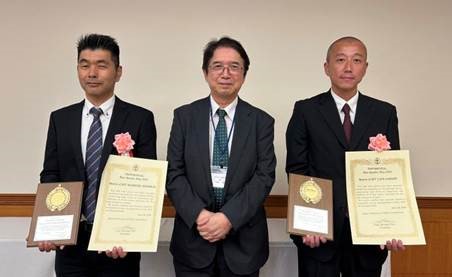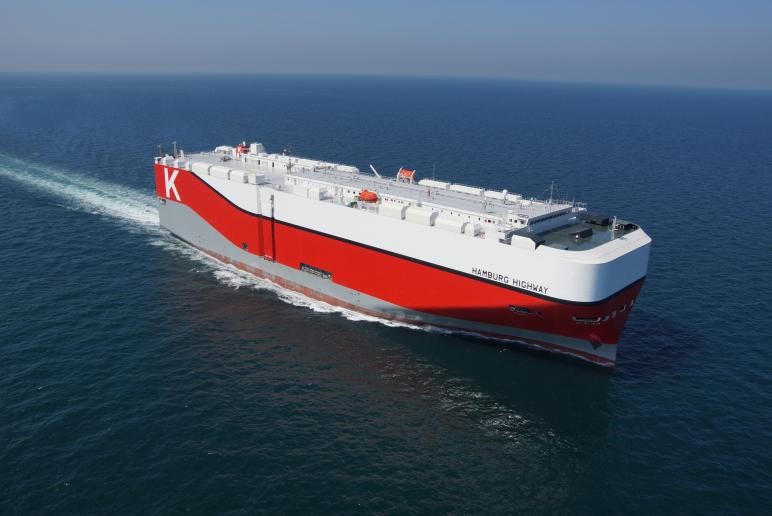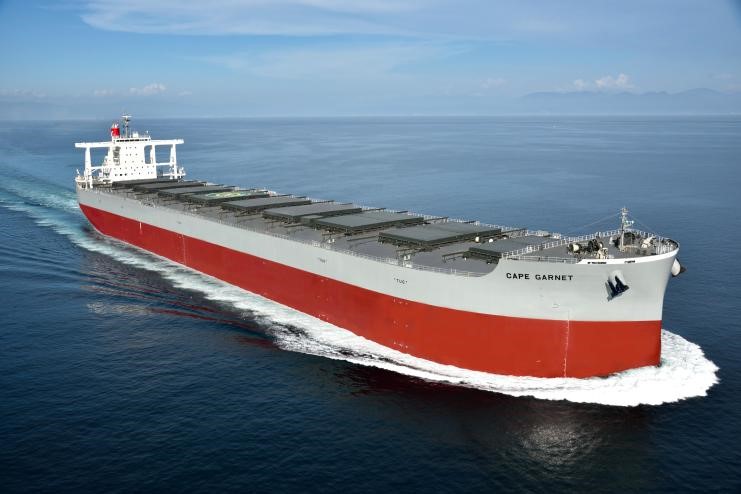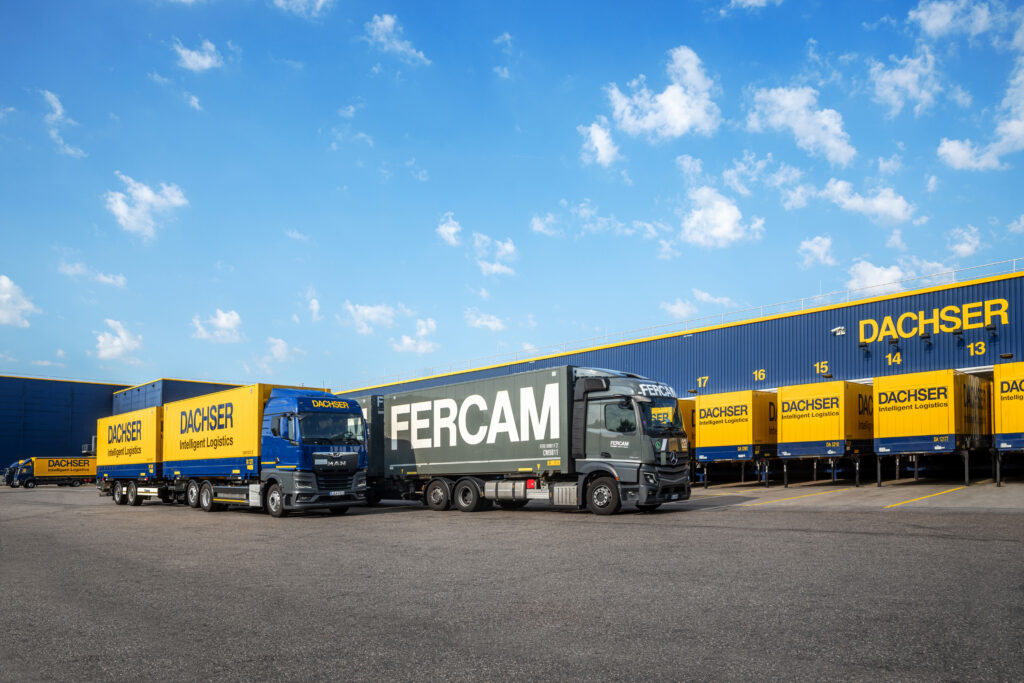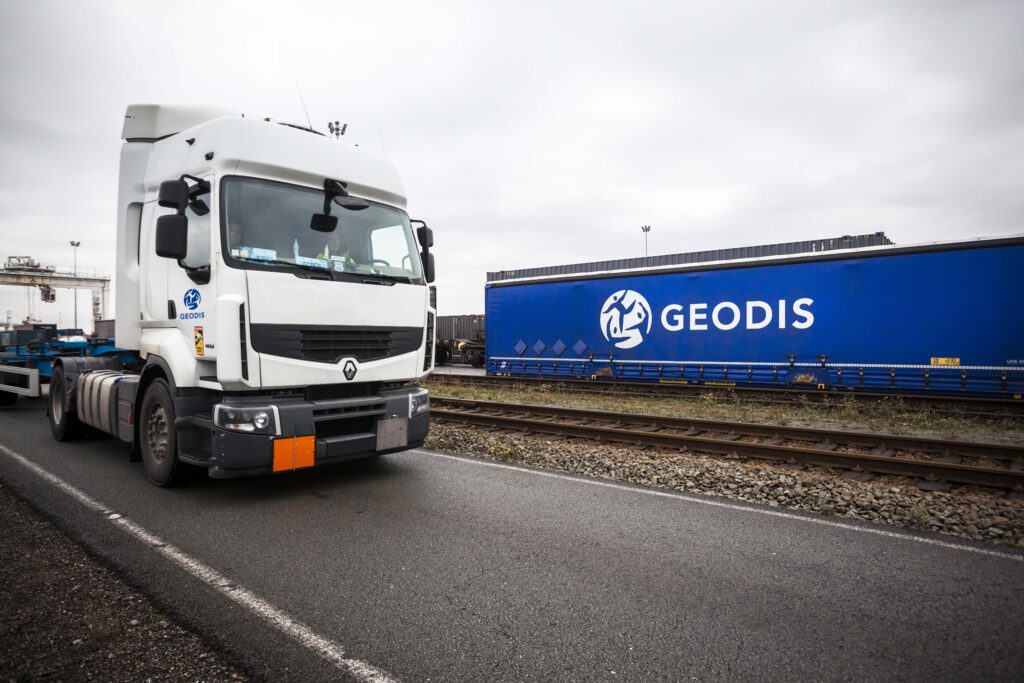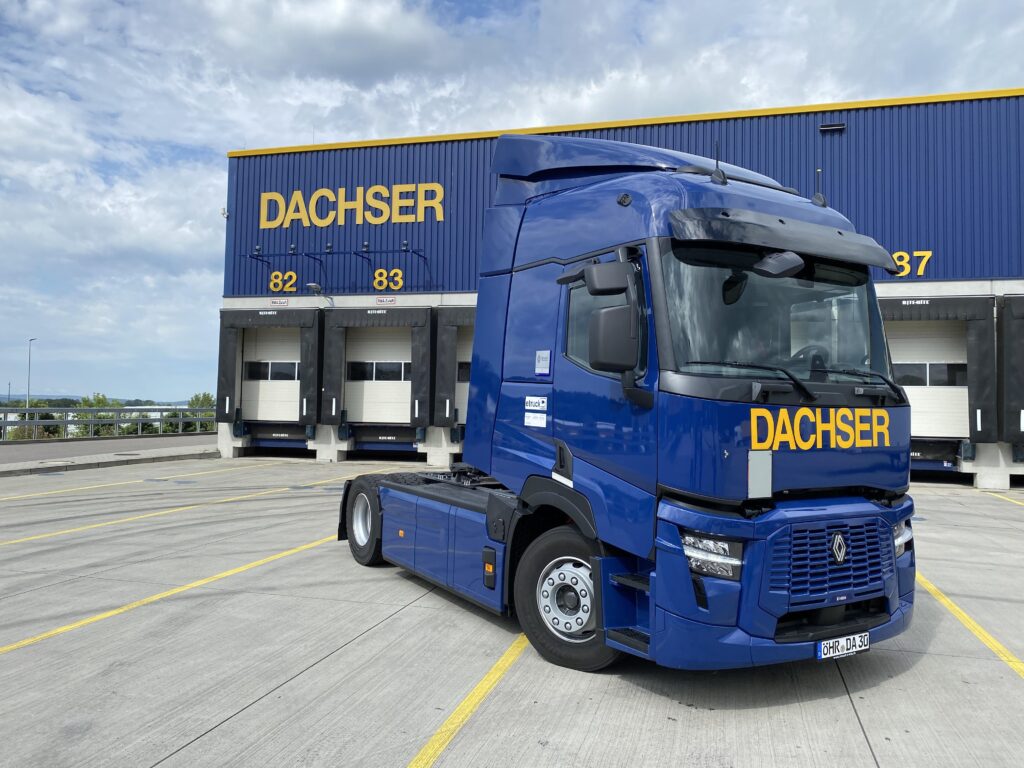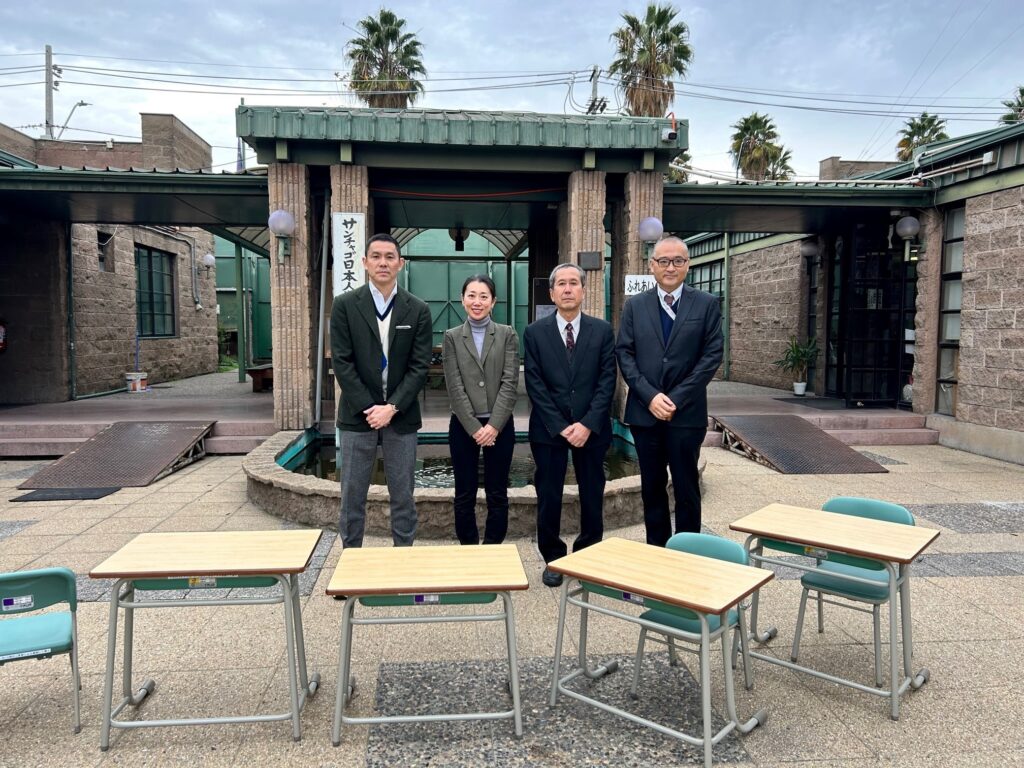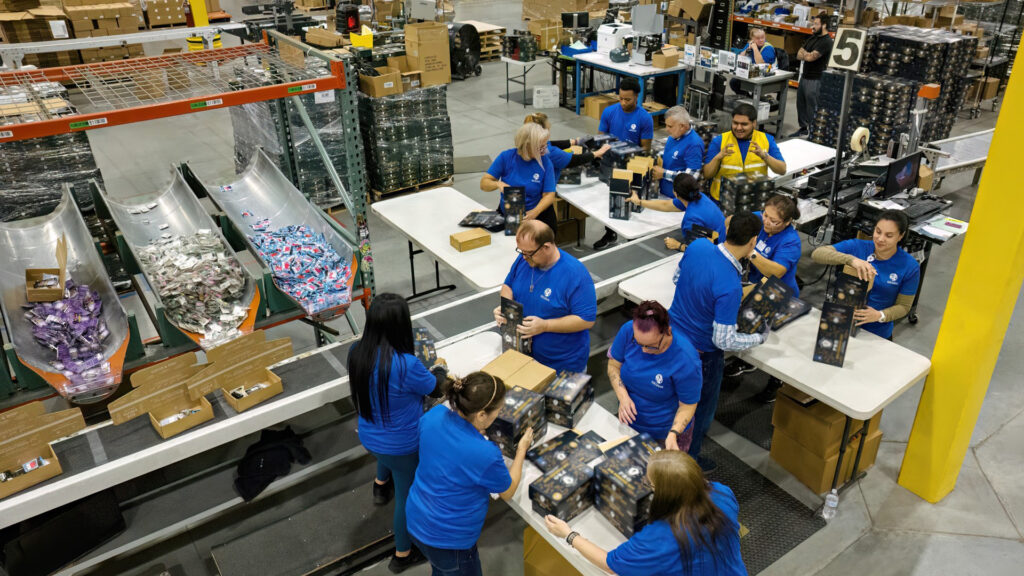Kawasaki Kisen Kaisha, Ltd. (“K” LINE) is pleased to announce that HAMBURG HIGHWAY and CAPE GARNET, two vessels managed by “K” Line RoRo Bulk Ship Management Co., Ltd., “K” LINE’s in-house ship management company, received the 2023 Best Quality Ship Awards from the Japan Federation of Pilots’ Associations (JFPA). *1
The Best Quality Ship Awards were founded in 2003 with the aim of enhancing awareness of not only safe navigation but also the protection of ports and the marine environment. The vessels were evaluated in several aspects, such as the condition of vessels’ boarding arrangements, navigation equipment, and discipline on board, the high-level safety awareness of crew members, and etc.
The JFPA comprehensively evaluated vessels that had requested pilot services in pilotage districts in Japan during the months of September and October 2023, and then presented awards to eight vessels, including two “K” LINE Group managed vessels that they recognized as excellent. Certificates and plaques were presented by the JFPA in the award ceremony held on June 26.
The “K” LINE Group includes “providing safe and optimized services” in its corporate principle and vision. To fulfill its social responsibilities through safety in navigation, “K” LINE Group has established the following three policy pillars. *²
(1) Enhancing management structure for ensuring safety in navigation
(2) Strengthening the ship management structure
(3) Reinforcing the securing and training of maritime technical personnel
The “K” LINE Group will continue to work toward the realization of both social and economic value through excellence in safe navigation and transportation quality management, sustainable growth and the increase of corporate value by supporting the infrastructure of the global community as a partner trusted by all of its stakeholders.
*¹ Japan Federation of Pilots’ Associations:
Under the revised Pilotage Law, the JFPA was founded by a number of Pilots’ Associations in Japan in 2007.
https://pilot.or.jp/english/e_frame.htm
*² “K” LINE’s policy on promoting safe navigation:
https://www.kline.co.jp/en/sustainability/social/safety.html
